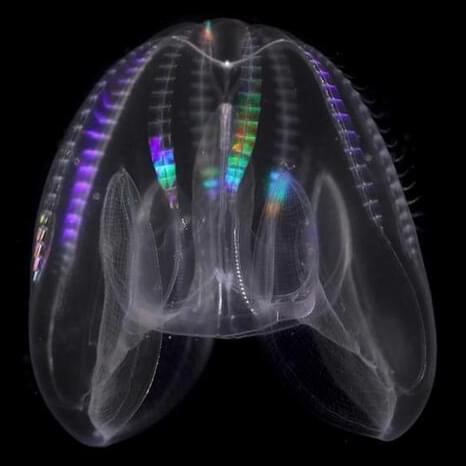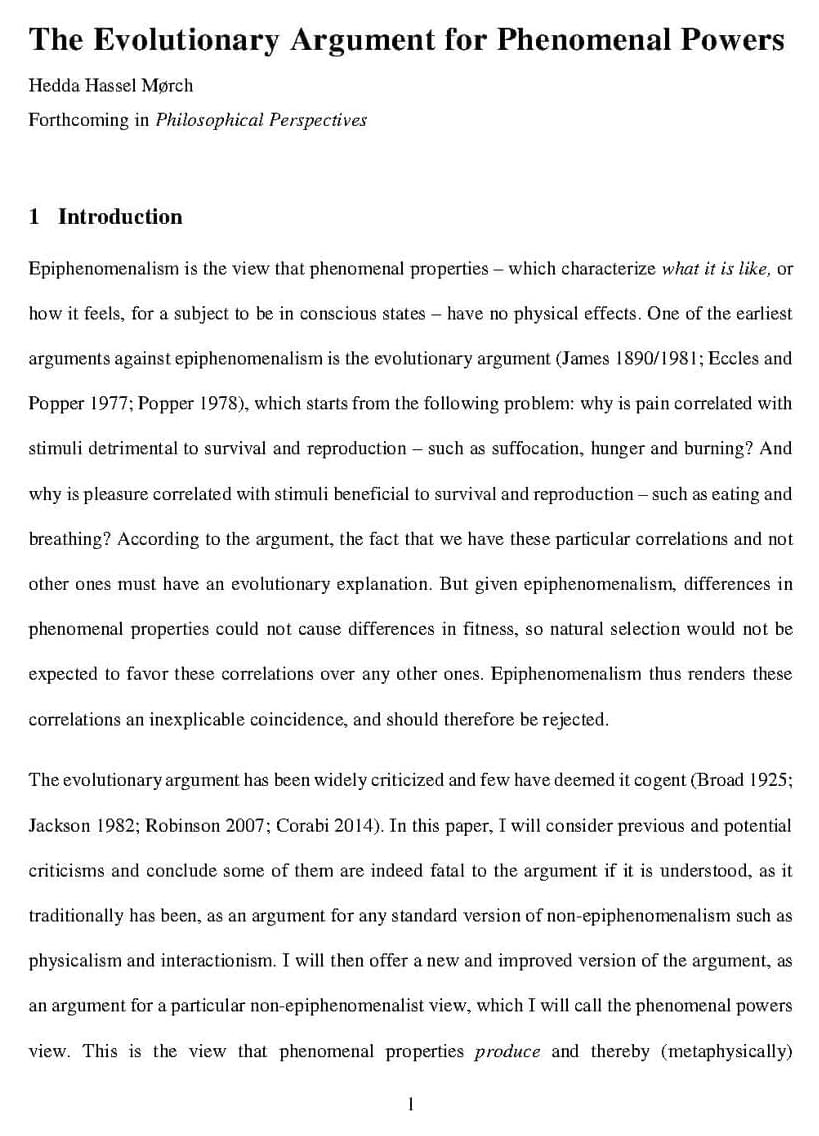Here’s how this model came to be.
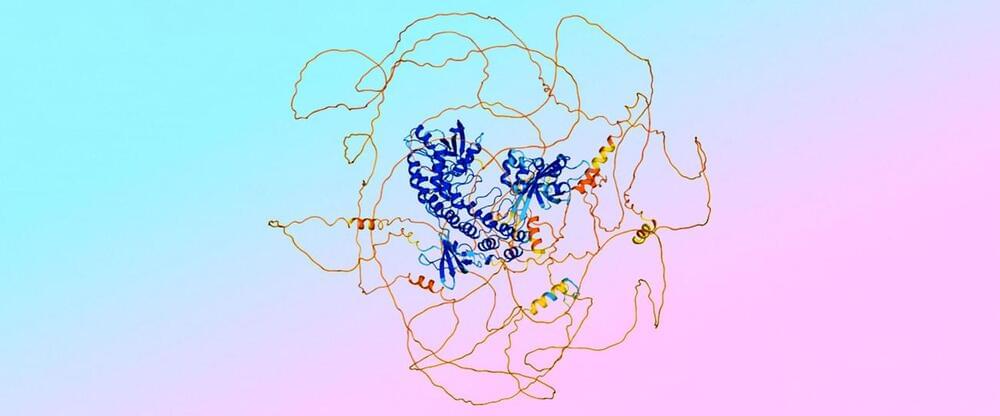


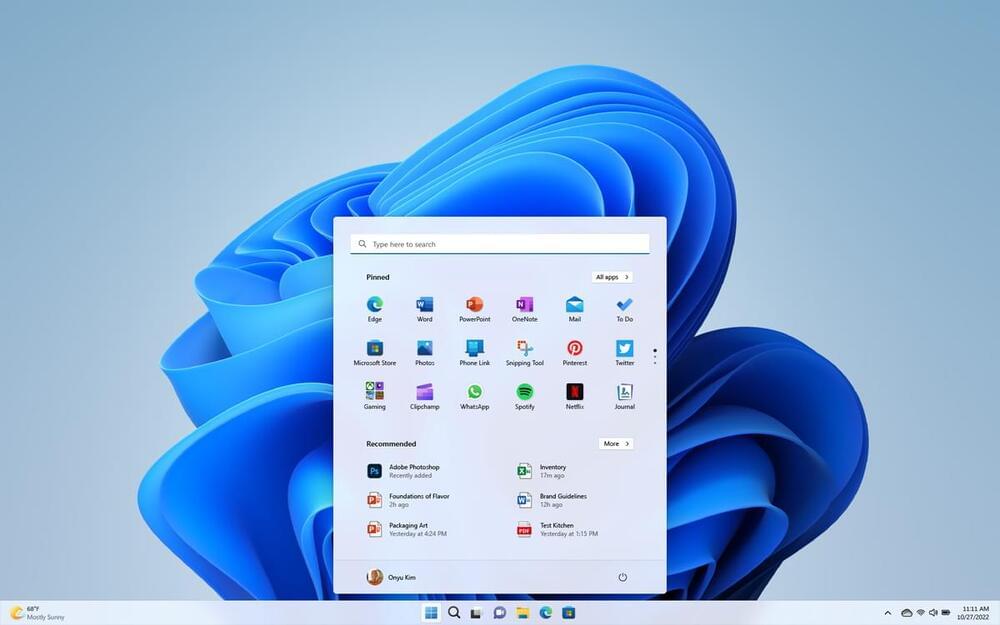
The creature is a kind of choanoflagellate, a microorganism closely related to animals:
Researchers from the University of California, Berkeley, have discovered an unusual creature in Eastern Sierra Nevada’s Mono Lake. This organism could provide insights into the complex animal life that originated on Earth over 650 million years ago.
The lake is famous for being home to creatures like shrimp and alkali flies.
The latest organism discovered is a type of choanoflagellate, a microscopic, single-celled life form that can develop into multicellular colonies.
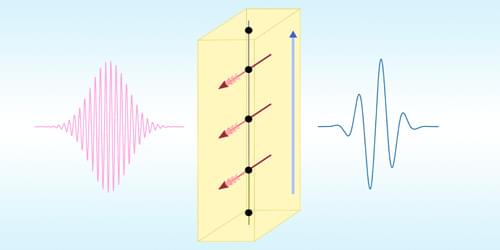
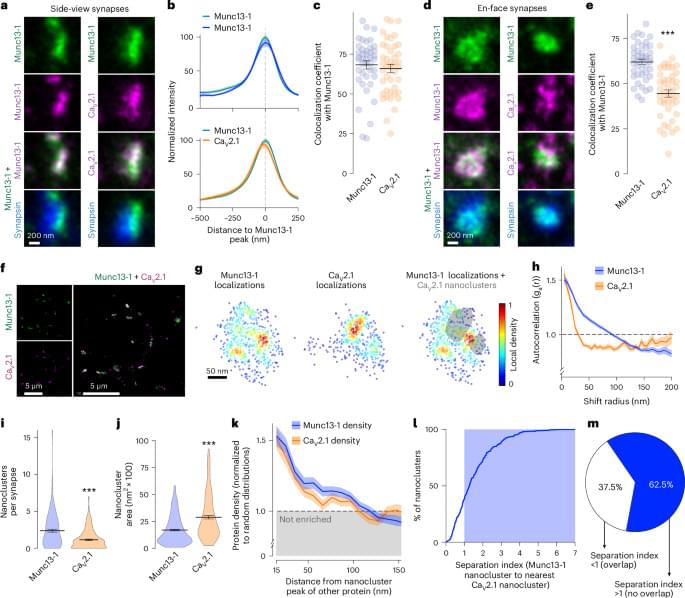
Last month, researchers created an electronic link between the brains of two rats separated by thousands of miles. This was just another reminder that technology will one day make us telepaths. But how far will this transformation go? And how long will it take before humans evolve into a fully-fledged hive mind? We spoke to the experts to find out.
I spoke to three different experts, all of whom have given this subject considerable thought: Kevin Warwick, a British scientist and professor of cybernetics at the University of Reading; Ramez Naam, an American futurist and author of NEXUS (a scifi novel addressing this topic); and Anders Sandberg, a Swedish neuroscientist from the Future of Humanity Institute at the University of Oxford.
They all told me that the possibility of a telepathic noosphere is very real — and it’s closer to reality than we might think. And not surprisingly, this would change the very fabric of the human condition.

This is de Garis ESSAYS, i.e. 2–3 page opinion pieces on such themes as Species Dominance, Global State, Politics, Femtotech, Religion, Society, Education. Written, Read Aloud and Videoed by Prof. Dr. Hugo de Garis [email protected] https://profhugodegaris.wordpress.com
